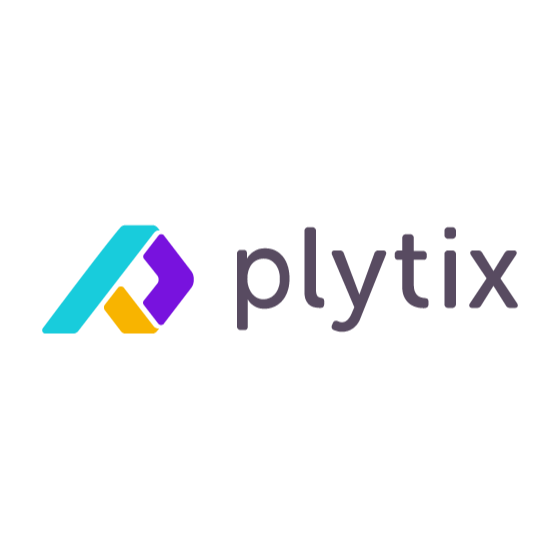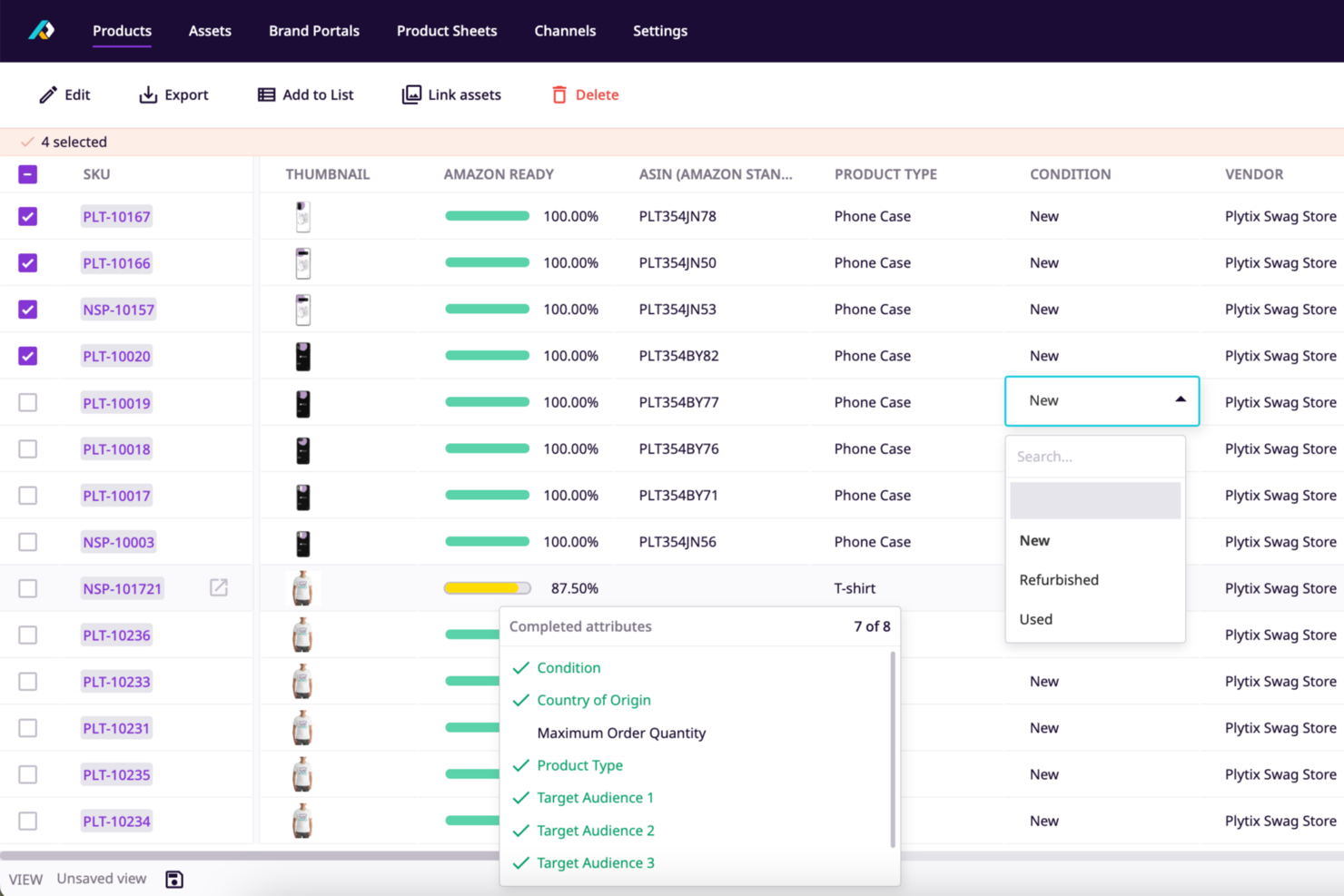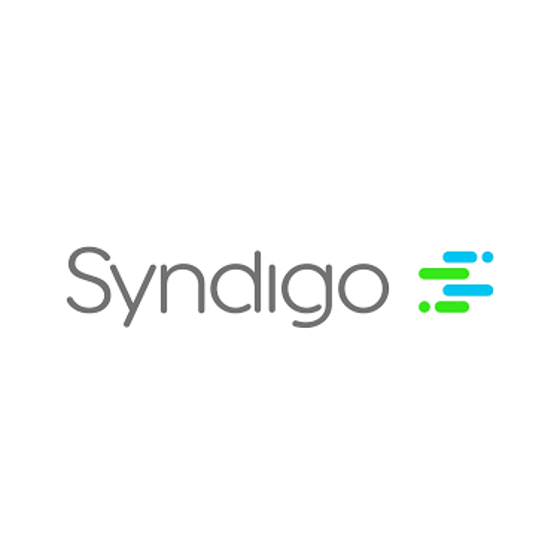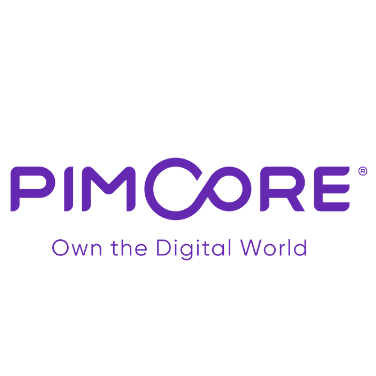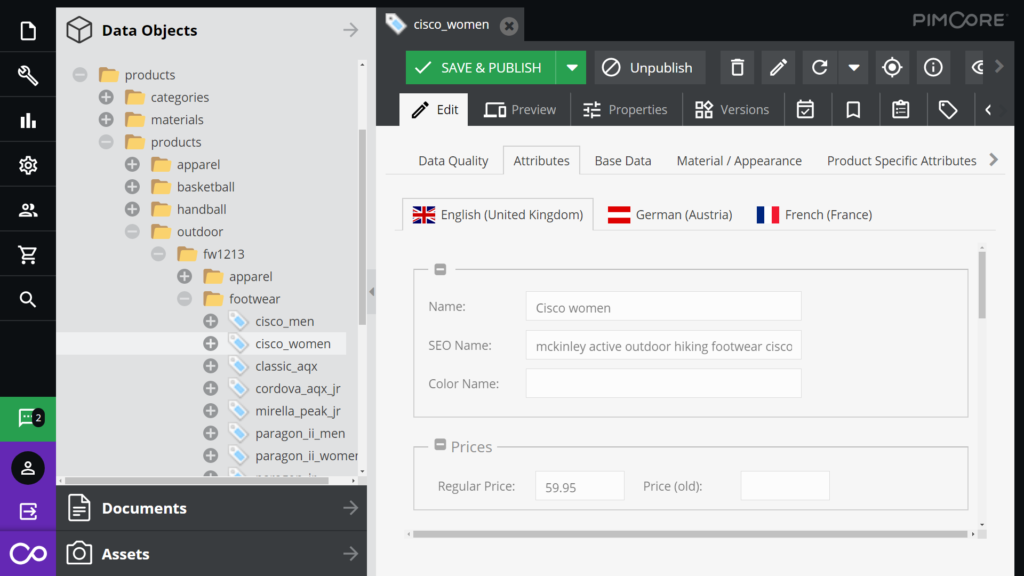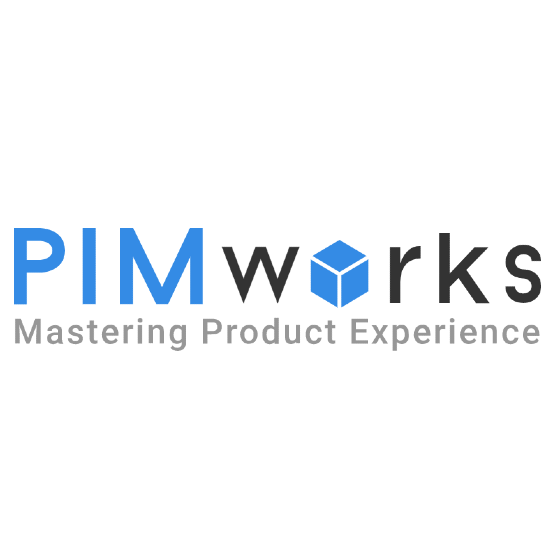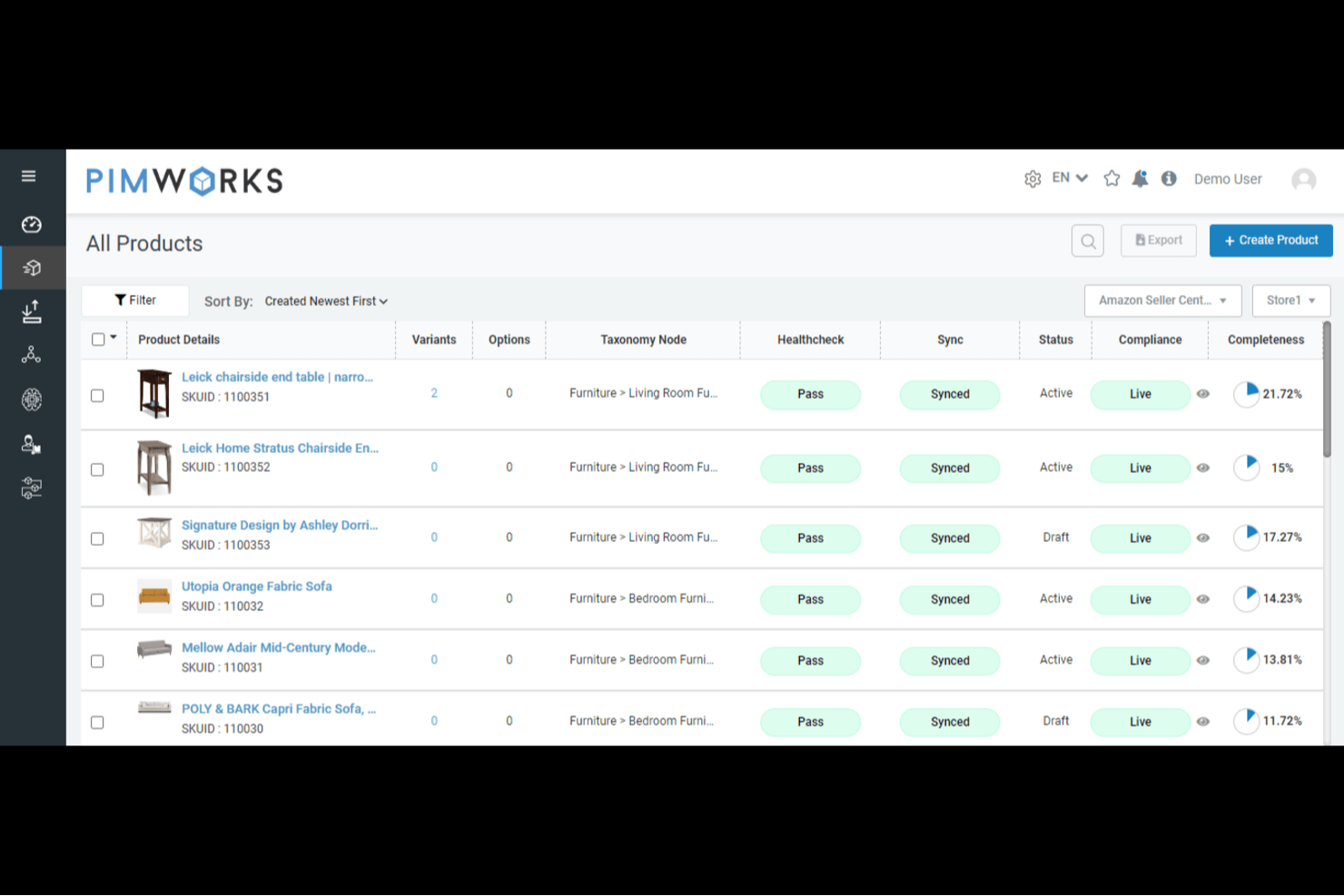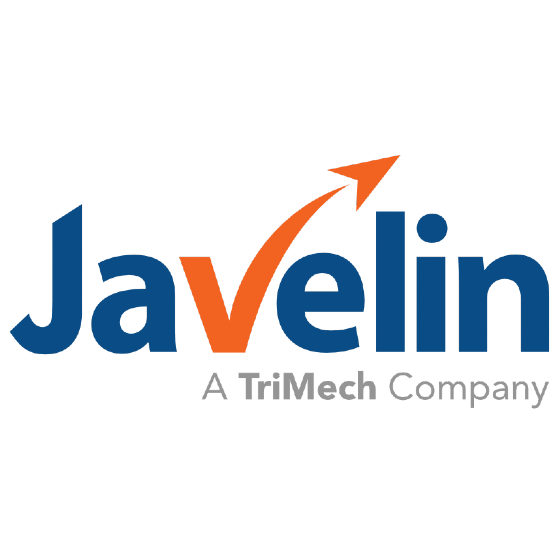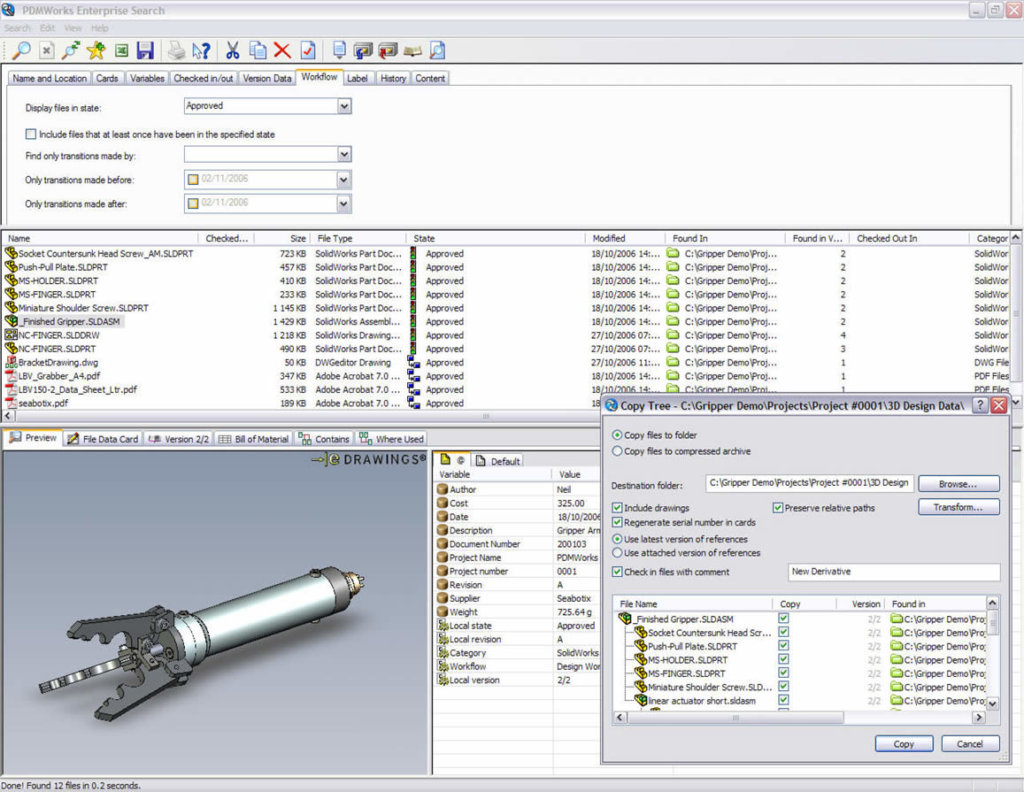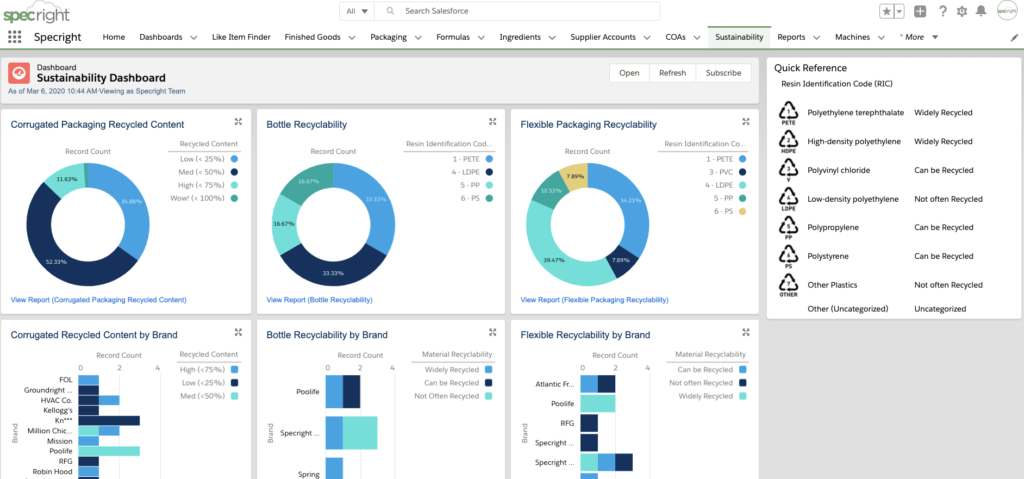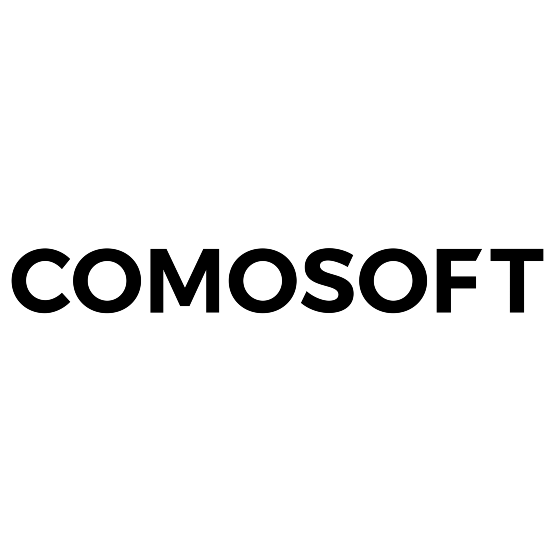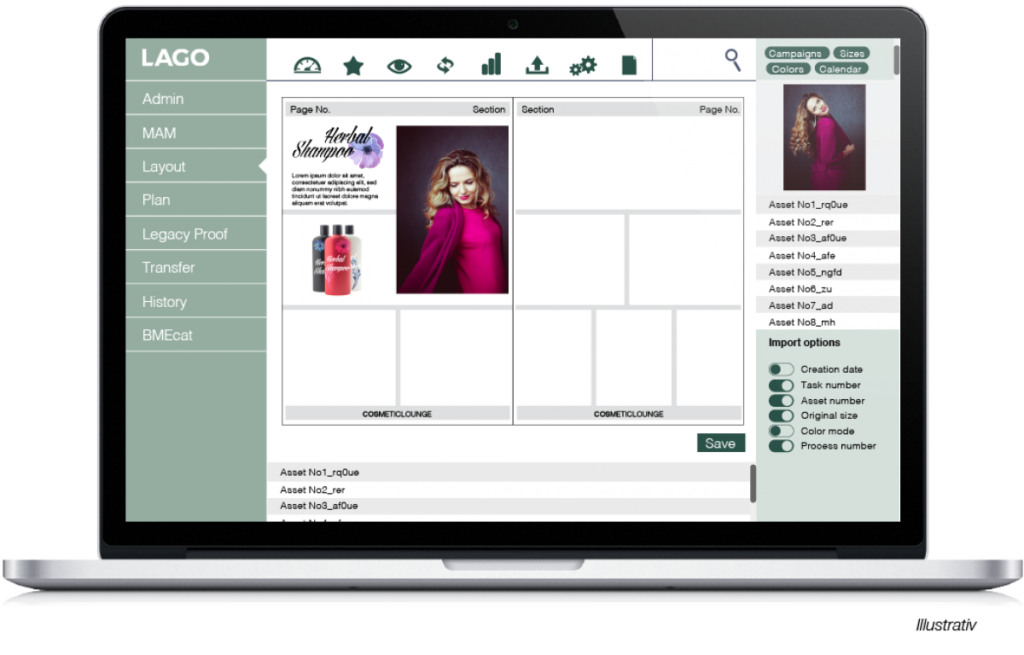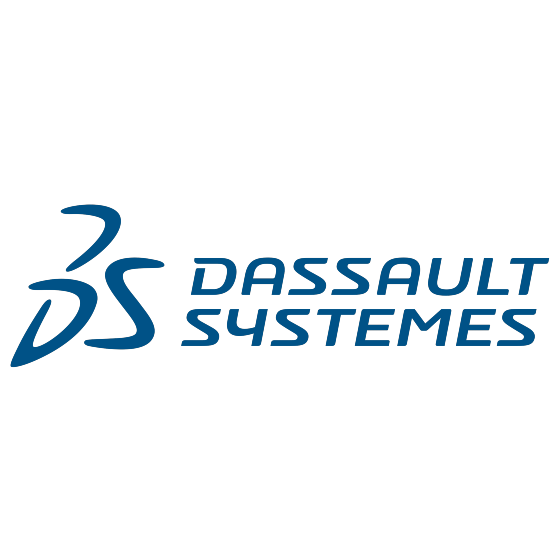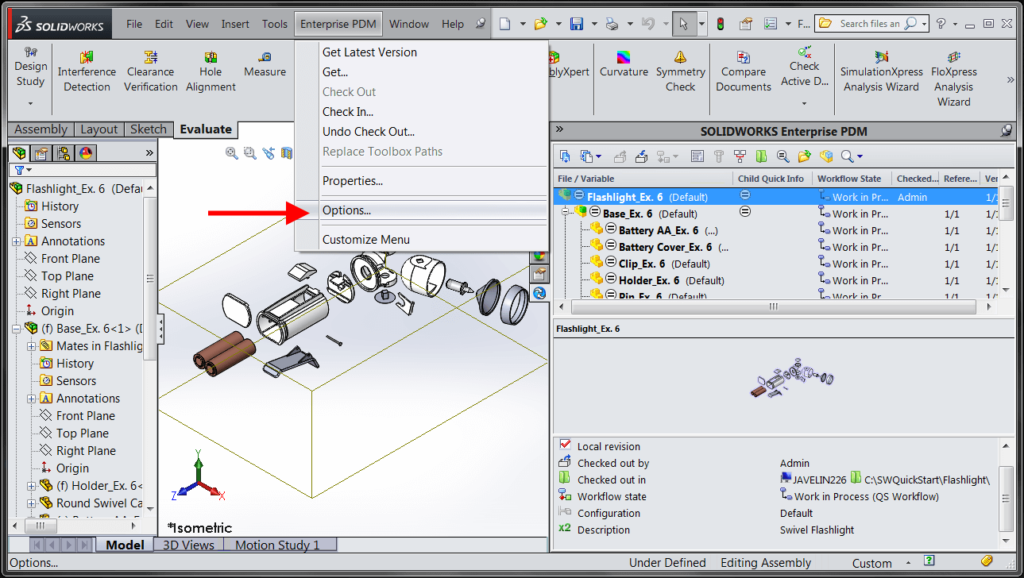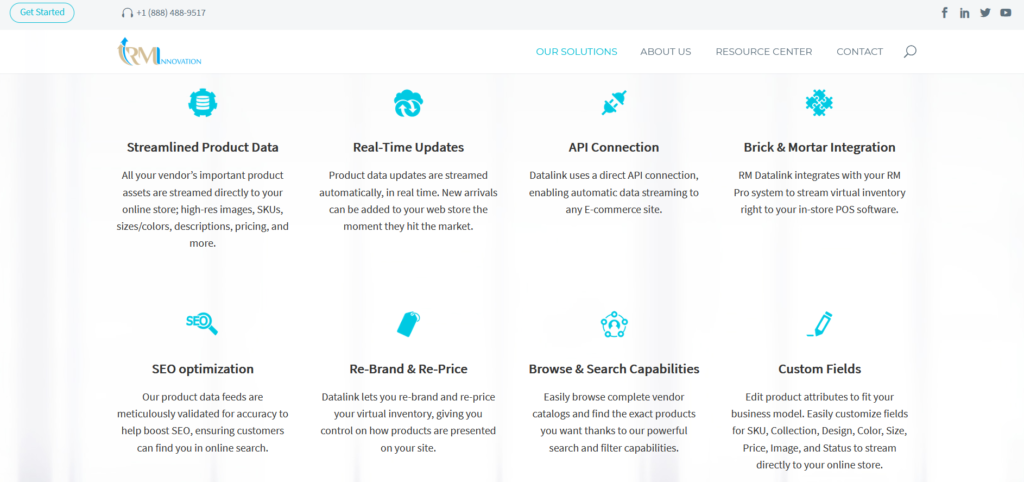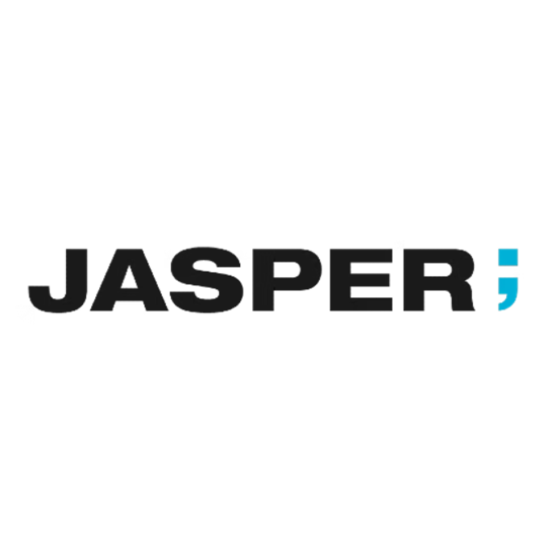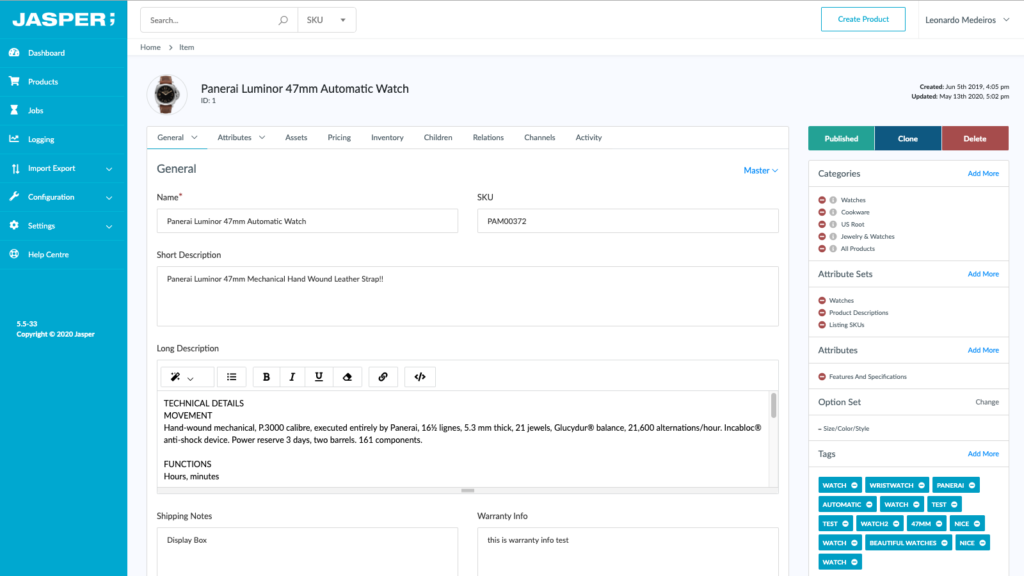10 The Best Ecommerce Product Data Management Tools List
Here's my pick of the 10 best software from the 20 tools reviewed.
Our one-on-one guidance will help you find the perfect fit.
With so many different ecommerce product data management solutions available, figuring out which is right for you is tough. You know you want to manage and centralize product data more efficiently—but now need to figure out which tool is best. I've got you! In this post, I'll help make your choice easy, sharing my personal experiences using dozens of different ecommerce product data management tools with large teams and stores, with my picks of the best ecommerce product data management software overall.
What is Ecommerce Product Data Management Software?
Ecommerce product data management software is a tool designed to efficiently manage and organize product information in an online retail setting. It centralizes data such as descriptions, specifications, pricing, and images, ensuring consistency and accuracy across various sales channels. The purpose is to streamline the process of updating and maintaining product details, simplify catalog management, and enhance the quality of product information presented to customers.
Overviews Of The Ecommerce Product Data Management Software
Here’s a brief description of each of the product master data management (MDM) tools that are featured on this top 28 list.
Plytix is a product data platform that boasts product information syndication, brand portals, and detailed product sheets. Feature highlights include unlimited users on all plans, the ability to save filters as smart lists, and real-time tracking for the readiness of each product.
Plytix offers a rather robust freemium plan that allows for 5,000 SKUs, 5GB file storage, a limited API, digital asset management (DAM), and unlimited users.
Plytix paid plans start at $450/month and allow you to have up to 100,000 SKUs.
Syndigo provides an e-commerce product information management system able to syndicate your product data to thousands of global recipients using GSI Standards. Syndigo’s core content system provides fields for product information such as images, nutrition, weight, dimensions, and more.
The tool offers advanced, real-time filtering technology for a virtual guided selling experience when a specific style, shade, or application may be required by the customer.
Syndigo offers pricing upon request.
Pimcore e-commerce product data management software is used by over 100,000 businesses including Burger King, T-Mobile, Audi, and Nissan Bank.
Their full platform offers everything from product information management, digital experience management, B2B and B2C digital commerce platforms, and customer data platforms. Pimcore’s software is entirely open source and they offer a free community edition to get you started.
Pimcore costs from $1800/month and has a free community edition with some limitations around experience portals and product data syndication.
Paid plans come with a free trial.
PIMworks
Best ecommerce product data management platform for AI-enhanced data optimization
PIMworks is a comprehensive product data management platform that helps e-commerce businesses simplify product data management, get their products to market faster, streamline collaboration, and ultimately grow their revenue. With PIMworks, you can tie together all the scattered product data on spreadsheets, ERPs, CRMs, and local folders into a centralized location for a unified view of all your product data across various channels.
With its user-friendly interface and powerful features, PIMworks streamlines product information workflows, ensuring accurate and consistent product data for improved customer experiences. PIMworks also offers built-in templates, making it easy to publish data that is compliant with channel guidelines and requirements. You can also collaborate easily with internal and external stakeholders by creating seamless workflows where you can assign, tag, and comment within the streamlined workspace.
PIMworks incorporates cutting-edge artificial intelligence algorithms to enhance data quality and accuracy. Through machine learning and natural language processing, it can automatically identify and correct errors, inconsistencies, and missing information in product data, reducing manual intervention and ensuring data integrity at scale. You can also tap into their 'digital shelf analytics' for data around user reviews, competitor assortment, minimum advertised price, and compliance.
PIMworks is natively integrated with Amazon, Shopify, WooCommerce, BigCommerce, and Magento, making data syndication straightforward.
PIMworks offers pricing upon request. They offer a 14-day free trial to get you started.
Javelin SOLIDWORKS product data management (PDM) features file reference management, revision and version control, advanced searching, regulatory compliance checks, electronic signatures, audit trail and history, and digital workflow tools.
Their professional version offers engineer-specific highlights like engineering change management (ECM) with built-in design approvals and engineering change orders (ECOs).
Javelin offers customized pricing upon request and has a free demo available.
Specright is an ecommerce product data management used by Fortune 500 companies and challenger brands alike, hosting over 60,000 current products from the likes of Beyond Meat, Taylor Farms, P&G, Caterpillar, and more. They also offer plenty of industry case studies, webinars, videos, and blogs for interested users.
Their clean, robust product data dashboards can be programmed to get into the nitty-gritty of whatever information users need.
Specright offers customized pricing upon request and has a free trial.
LAGO is a visually appealing e-commerce product data management software with stunning, modern UI that designers and marketers will love.
LAGO is a multichannel marketing system for print and digital production, including solutions for PIM, DAD, workflow, and proofing. Their product data management module records and stores stock-keeping units (SKUs), identifiers, titles, descriptions, images, pricing, quantities, and more.
LAGO by Comosoft offers customized pricing upon request and has a free demo available.
SOLIDWORKS Enterprise PDM offers data and product lifecycle management solutions in the cloud, including project, process, and item management capabilities with interactive dashboards and reports. They offer a range of applications—PDM, 2D/3D designing, product lifecycle management, collaboration—so that product managers can level up their game without integrating additional platforms. Enterprises will appreciate the flexibility and scalability here.
SOLIDWORKS Enterprise PDM costs from $2085 for a license plus $545/month for technical support and upgrades per their subscription service.
They offer a 30-day free trial.
RM Datalink is an on-premise solution for e-commerce product data management originally built for the luxury carpet retail industry and now expanded to encompass all e-commerce product needs. The software can handle one-of-a-kind items as well as mass-produced SKUs.
A robust QuickBooks integration module offers additional accounting management features. Both e-commerce stores and POS (brick and mortar) systems receive product data in real-time.
RM Datalink costs from $49.99/user/month and offers a free demo.
Jasper PIM was rated the best PIM tool in 2020 by Software World and is currently used by the likes of Me To We, Skullcandy, Fitbit, and Berlin Packaging. Jasper PIM integrates seamlessly with leading e-commerce platforms such as BigCommerce, Shopify, and Magento.
They currently have special lower pricing ($99/month) for Shopify merchants in particular, making it a great choice for those already on that platform.
Jasper PIM costs from $299/month and offers a free 14-day trial. Their Pim Ultralite plan costs only $99/month but is exclusive to Shopify merchants.
The Best Ecommerce Product Data Management Software Summary
| Tools | Price | |
|---|---|---|
| Plytix | From $450/month | Website |
| Syndigo | Pricing available upon request | Website |
| Pimcore | Pricing upon request | Website |
| PIMworks | Pricing upon request | Website |
| Javelin | No price details | Website |
| Specright | No price details | Website |
| LAGO by Comosoft | No price details | Website |
| SOLIDWORKS Enterprise PDM | From $2085 for a license plus $545/month for technical support | Website |
| RM Datalink | From $49.99/user/month | Website |
| Jasper PIM | From $299/month | Website |

Compare Software Specs Side by Side
Use our comparison chart to review and evaluate software specs side-by-side.
Compare SoftwareOther Ecommerce Product Data Management Solutions
Here’s a few more that didn’t make the top list. If you need additional suggestions for handy product content management solutions, check these out.
-
TIBCO Data Virtualization
Best integration and API management
-
Acquia DAM (Widen)
Best for centralized brand content management
-
4ALLPORTAL
Best product data + digital asset management combo
-
Channable
Best eccommerce product feed templates
-
Amplitude
Best for eccommerce product analytics
-
Salsify
Best multichannel data modeling
-
Adverity
Best big data integration platform
-
Sales Layer
Best built-in data quality scores
-
Productsup
Best for product content integration
-
Questudio
Best for manufacturers
Key Features for an Ecommerce Product Data Management App
A Product Data Management (PDM) app is a crucial tool for businesses involved in product design, development, and manufacturing. It helps manage product-related data throughout its lifecycle, ensuring data integrity, version control, and collaboration among team members. Here are the key features that a PDM app typically offers:
1. Centralized Data Repository:
- Store and manage product data in a central location.
- Include 3D models, 2D drawings, specifications, bills of materials (BOMs), and other related documents.
- Ensure multilingual product data is consistent globally and in real-time
2. Version Control:
- Track and manage different versions of product designs.
- Provide the ability to rollback to previous versions if needed.
- Ensure that team members work on the latest version of the product.
3. Access Control and Security:
- Implement user roles and permissions to control access to sensitive data.
- Encrypt data and ensure secure communication channels.
- Audit trails to monitor changes made to the data and by whom.
4. Collaboration Tools:
- Facilitate real-time collaboration among team members, regardless of their geographic locations.
- Allow users to comment, annotate, and mark up designs.
- Support online meetings, chat, and file sharing functionalities.
5. Change Management:
- Provide tools for managing change requests and approvals.
- Document the reasons for changes and their impact on the product.
- Ensure that changes are implemented smoothly and do not affect the overall product integrity.
6. Bills of Materials (BOM) Management:
- Create and manage BOMs, including hierarchical structures of components and materials.
- Track changes in BOMs and their impact on the product and production processes.
7. Workflow Automation:
- Automate approval processes and workflows, reducing manual intervention and errors.
- Streamline processes like change requests, document approvals, and collaboration among team members.
8. Search and Retrieval:
- Implement powerful search functionalities to quickly find specific documents, components, or information within the database.
- Use metadata and tags for efficient categorization and retrieval.
9. Analytics and Reporting:
- Provide insights into product development processes through analytics and reporting tools.
- Track key performance indicators (KPIs) related to product development efficiency, changes, and collaboration.
10. Compliance and Regulations:
- Help in ensuring that the product designs and manufacturing processes comply with industry standards and regulations.
- Maintain documentation for regulatory purposes.
Ecommerce Product Data Management Software Comparison Criteria
What are we looking for when we select e-commerce product data management software for review? Here’s a summary of my evaluation criteria:
- User Interface (UI): Product data can pile up quite quickly so we are looking for e-commerce data UX that is hyper-organized, easily searchable, and intuitive to retailers.
- Usability: Everyone from design to sales and marketing will rely on the ecom PDM so the solution needs to be user-friendly and self-help friendly for varying levels of tech-savviness.
- Integrations: Obviously, the e-commerce PIM tools should connect to all popular online retail services like Amazon, BigCommerce, Shopify, and Magento. However, integration with "above-and-beyond" tools, like Salesforce for accounting, is a huge bonus.
- Value for $: How appropriate is the price for the level of product data management features included? Is pricing easily scalable for a growing e-commerce business?
What Do You Think About These Ecommerce Product Data Management Tools?
Have you tried out any PLM solutions listed above? Is there a PIM solution you prefer for your e-commerce business? What do you look for in a good omnichannel product catalog? Is there a merchandising software system that you would add to this list? Sound off in the comments.
Related Lists Of Tools:
Also Worth Checking Out:

